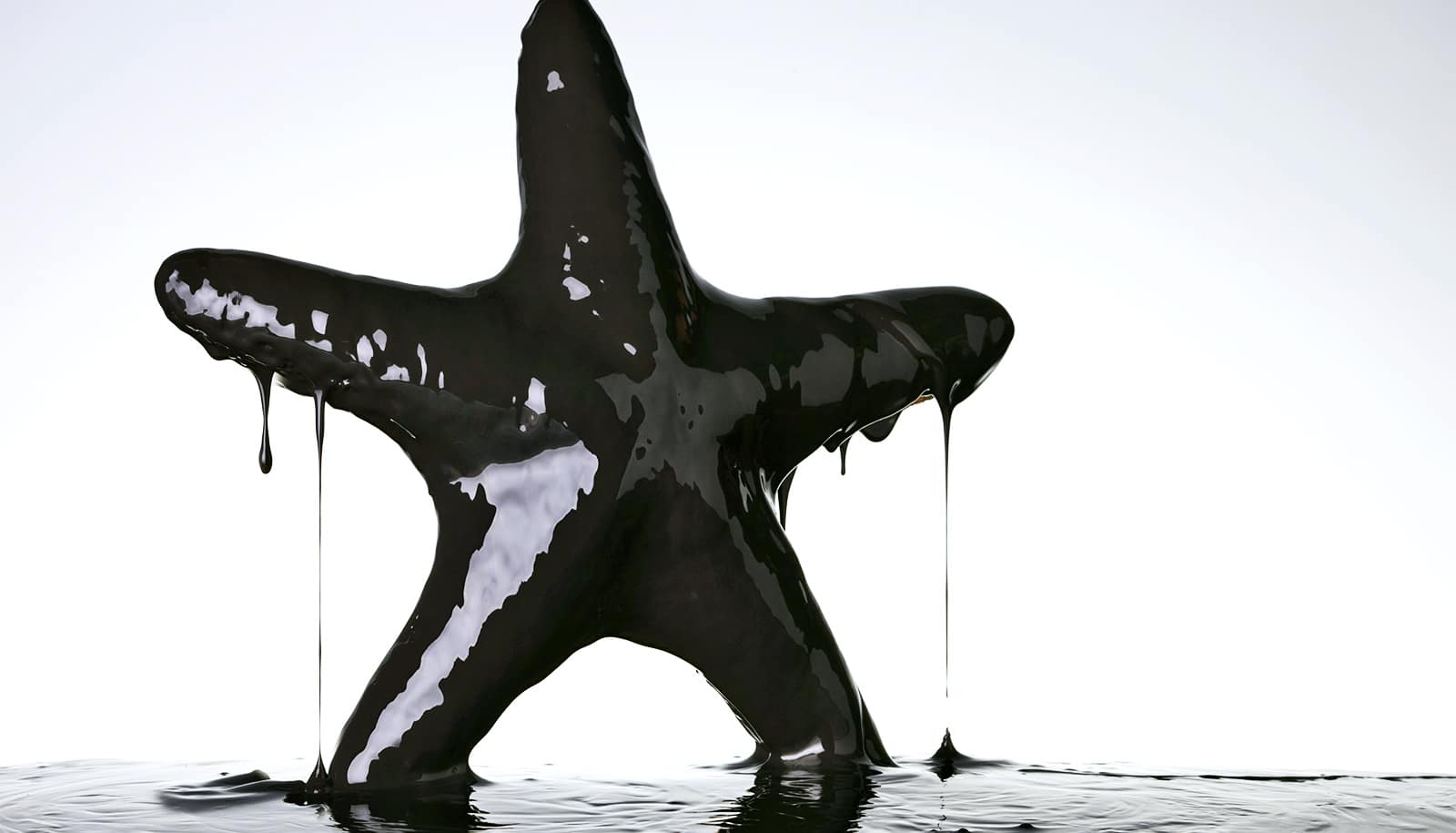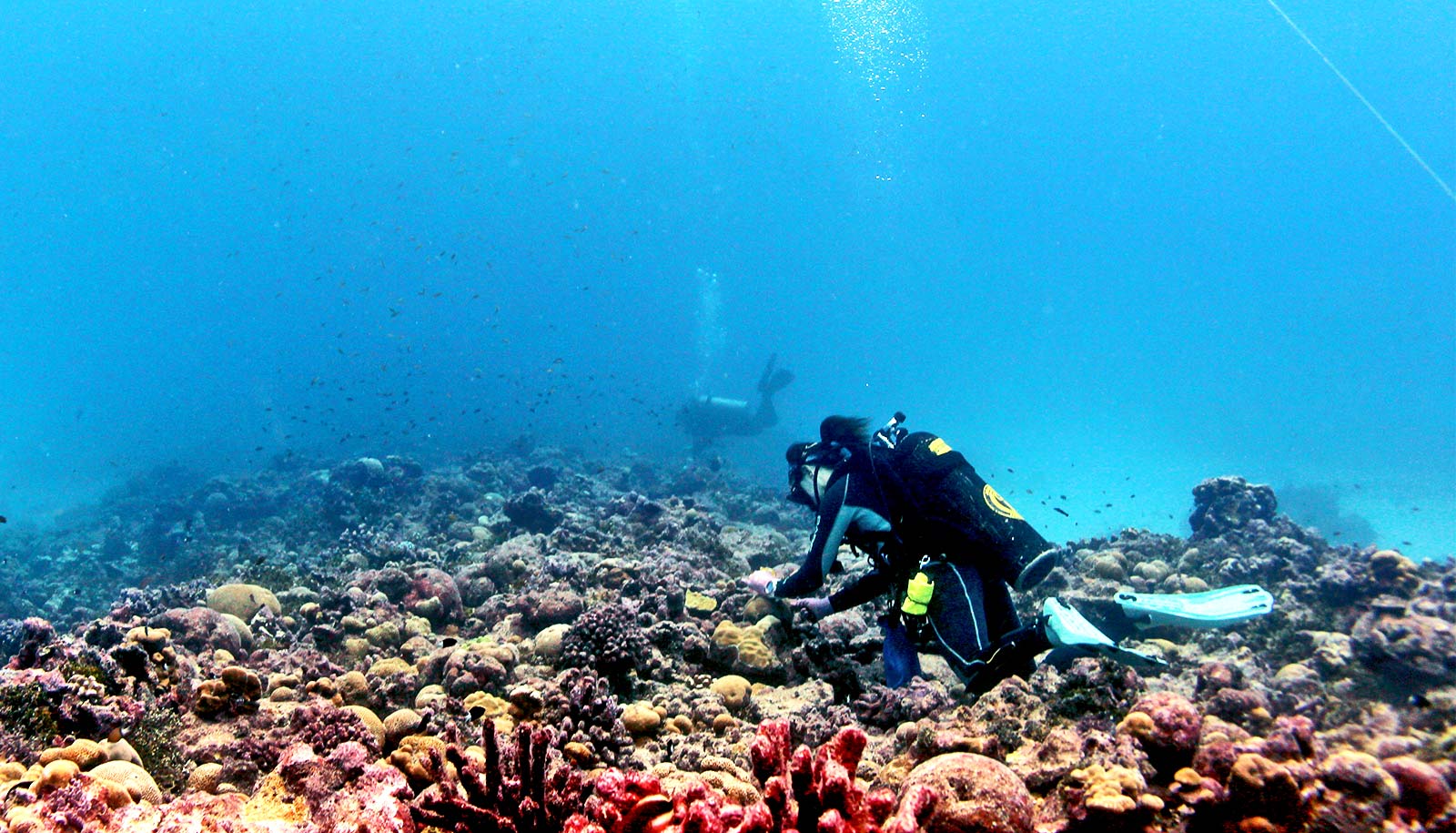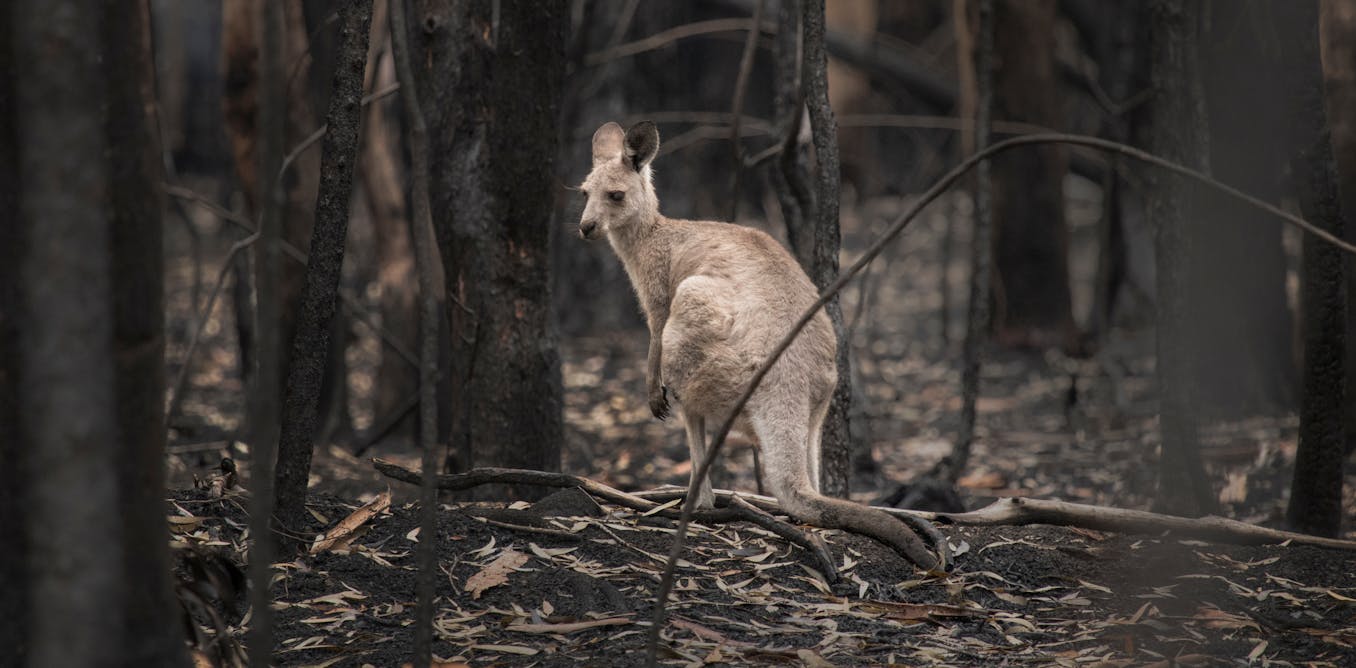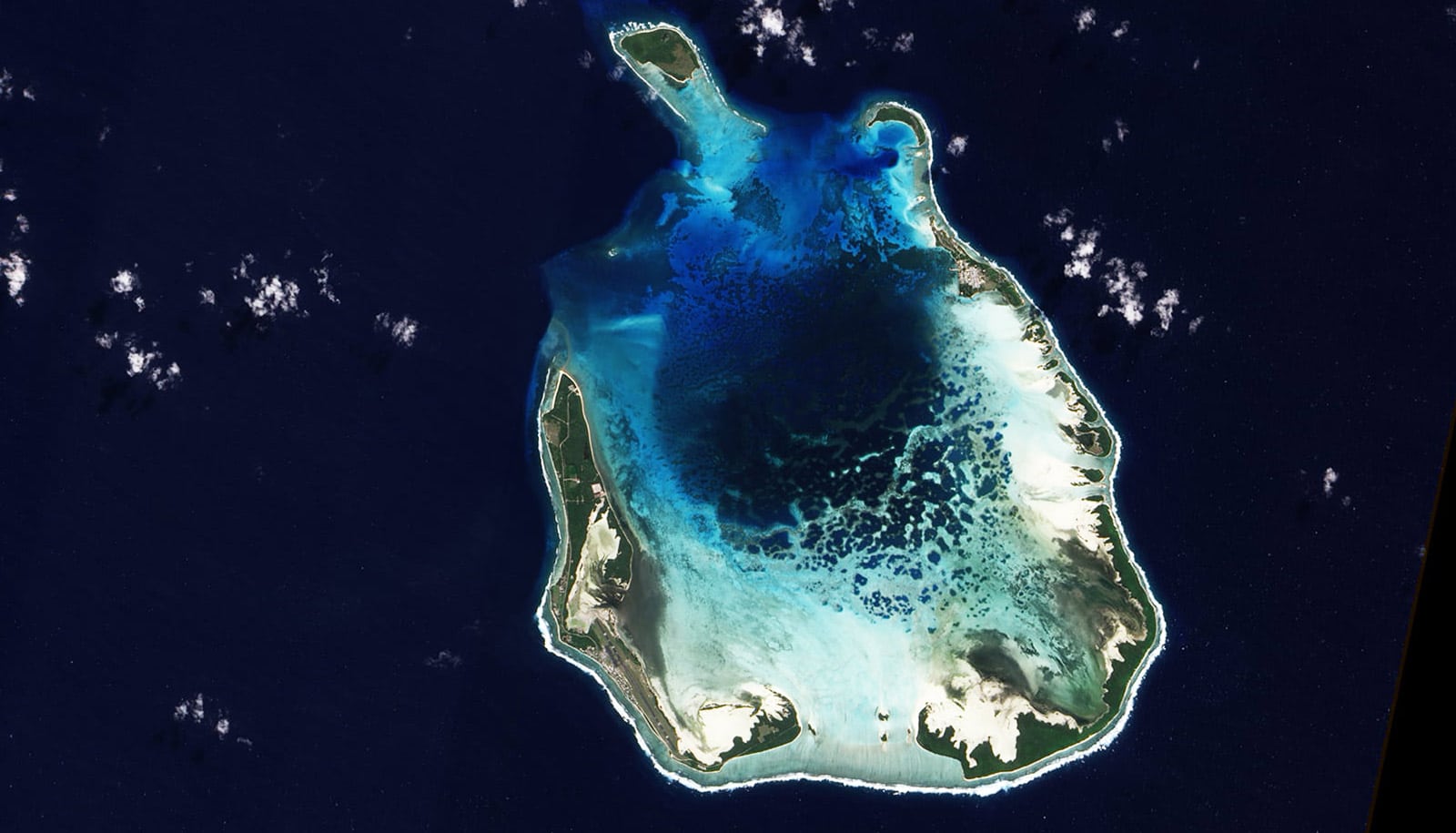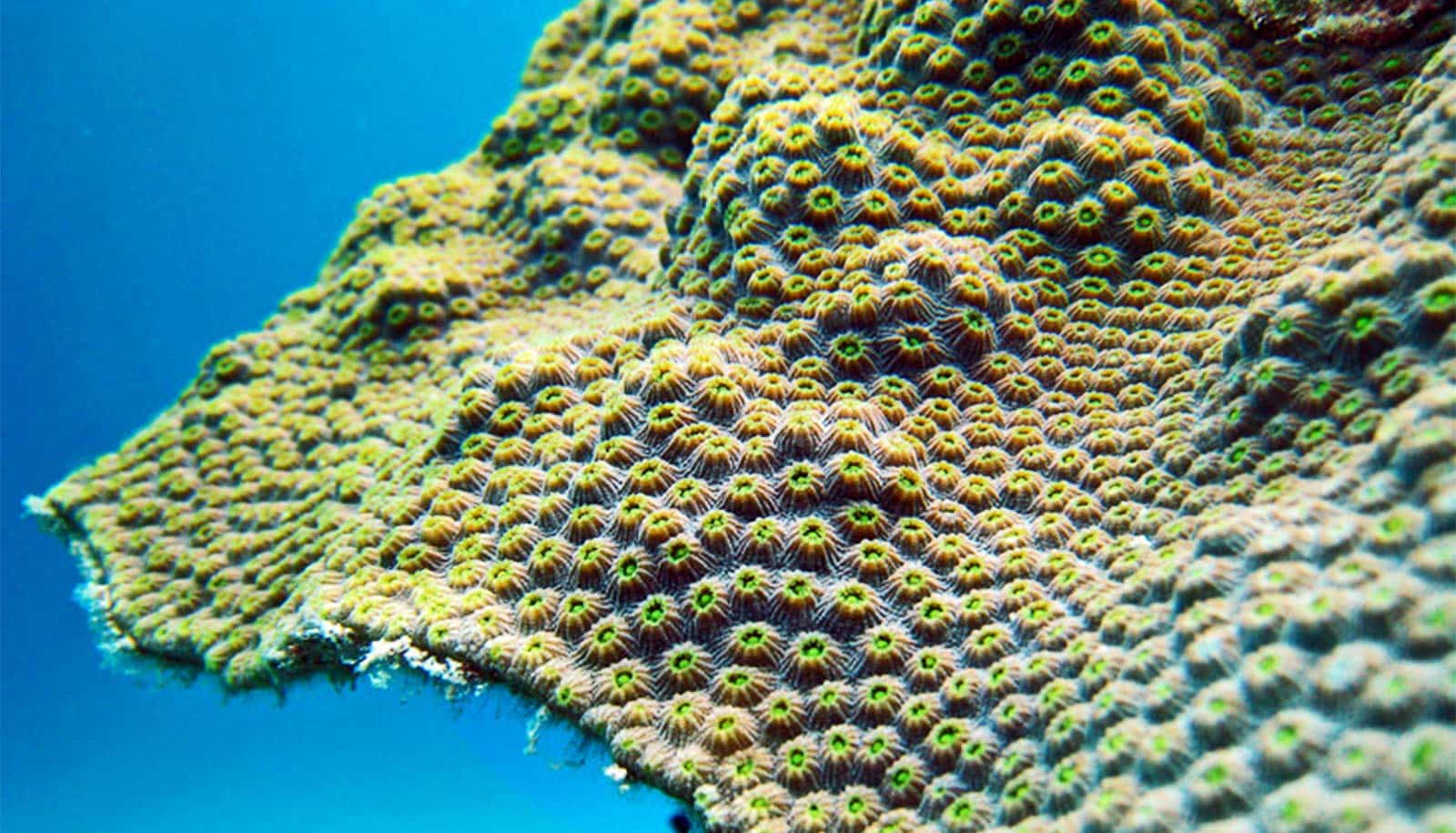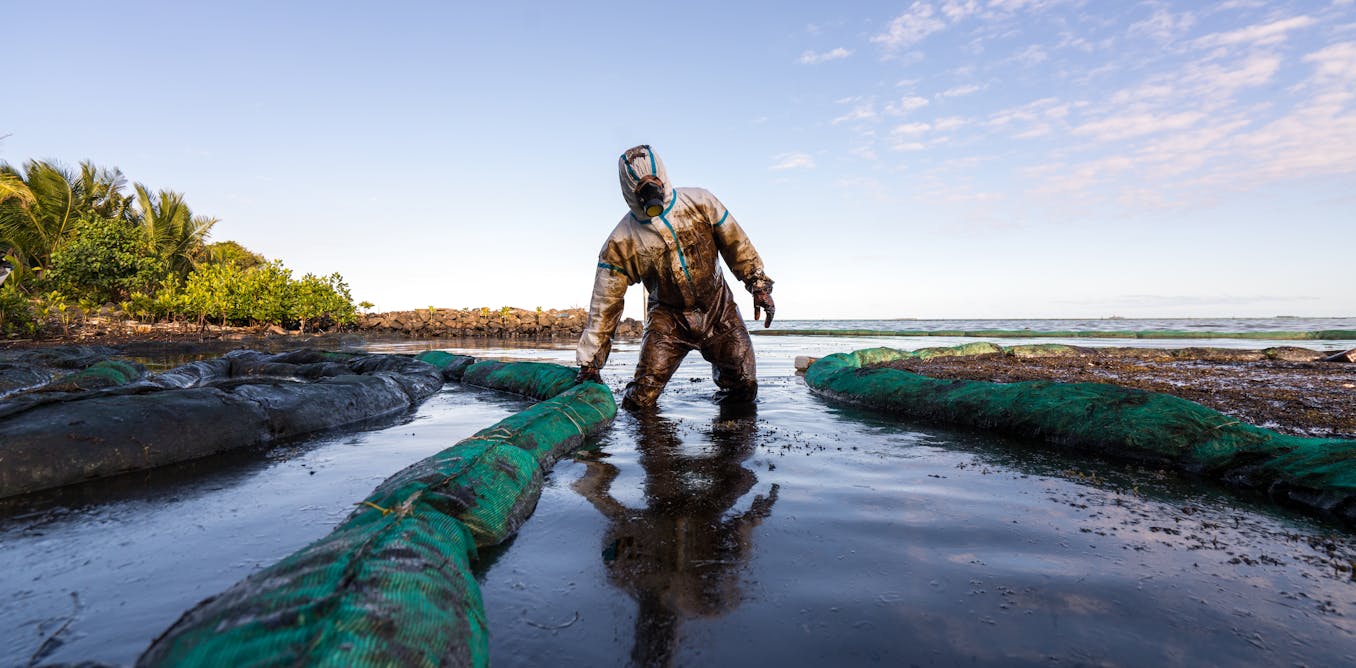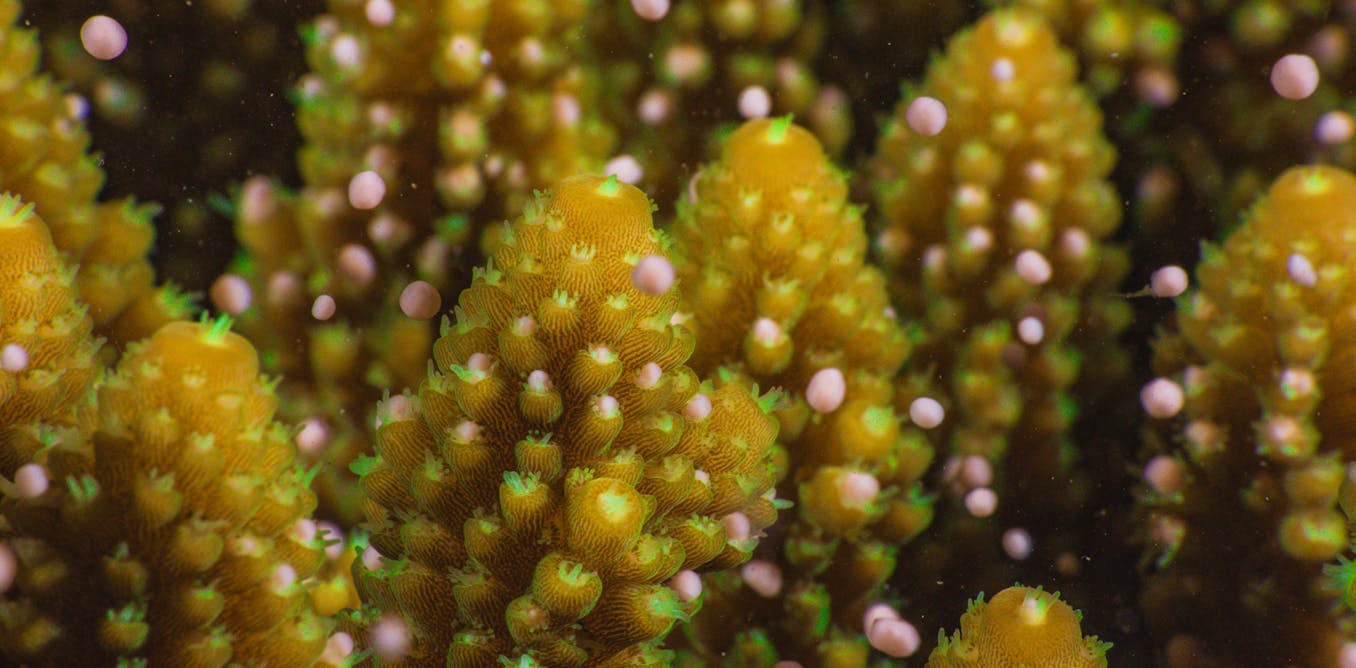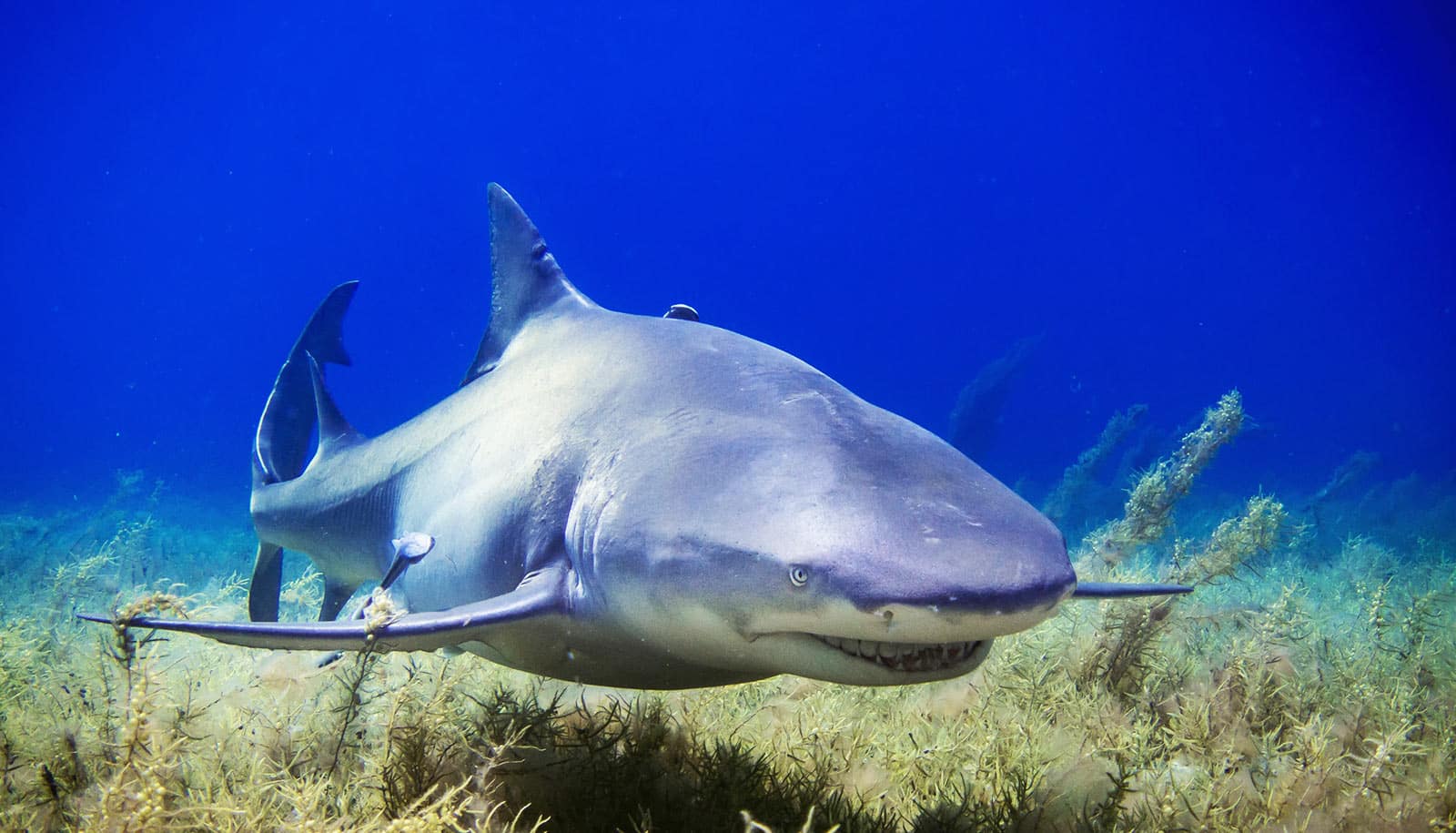One-fifth of ecosystems in danger of collapse – here’s what that might look like
Humans have caused ecosystems to collapse on purpose for millennia, to grow food or build settlements. But unplanned collapses are a different matter.
John Dearing, Professor of Physical Geography, University of Southampton •
conversation
Nov. 24, 2020 • ~7 min
Nov. 24, 2020 • ~7 min
Mauritius oil spill: how coral reefs, mangroves and seagrass could be affected
Marine wildlife rarely remain in one habitat. Most species rely on a healthy network of ecosystems to raise their young and catch their food.
Ronan Roche, Research Fellow in Marine Science, Bangor University •
conversation
Aug. 25, 2020 • ~6 min
Aug. 25, 2020 • ~6 min
Coral sex: how reproducing species in the lab could be key to restoring reefs in the wild
Sexual reproduction helps keep coral colonies diverse and resilient. Now, scientists are doing it in a lab to restock flagging reefs.
Jenny Mallon, PhD Candidate in Coral Reef Biogeochemistry, University of Glasgow •
conversation
Aug. 18, 2020 • ~7 min
Aug. 18, 2020 • ~7 min
Ocean warming threatens coral reefs and soon could make it harder to restore them
Hundreds of organizations are working around the world to restore damaged coral reefs. New research shows that rapid ocean warming threatens these efforts.
Shawna Foo, Postdoctoral Research Scholar, Arizona State University •
conversation
Aug. 7, 2020 • ~6 min
Aug. 7, 2020 • ~6 min
Coral reefs: climate change and pesticides could conspire to crash fish populations
Pesticides and high temperatures can disrupt the development of small coral reef fish by targeting their hormones.
Marc Besson, Postdoctoral Research Fellow in Marine Ecology, École pratique des hautes études (EPHE) •
conversation
July 17, 2020 • ~5 min
July 17, 2020 • ~5 min
/
14

